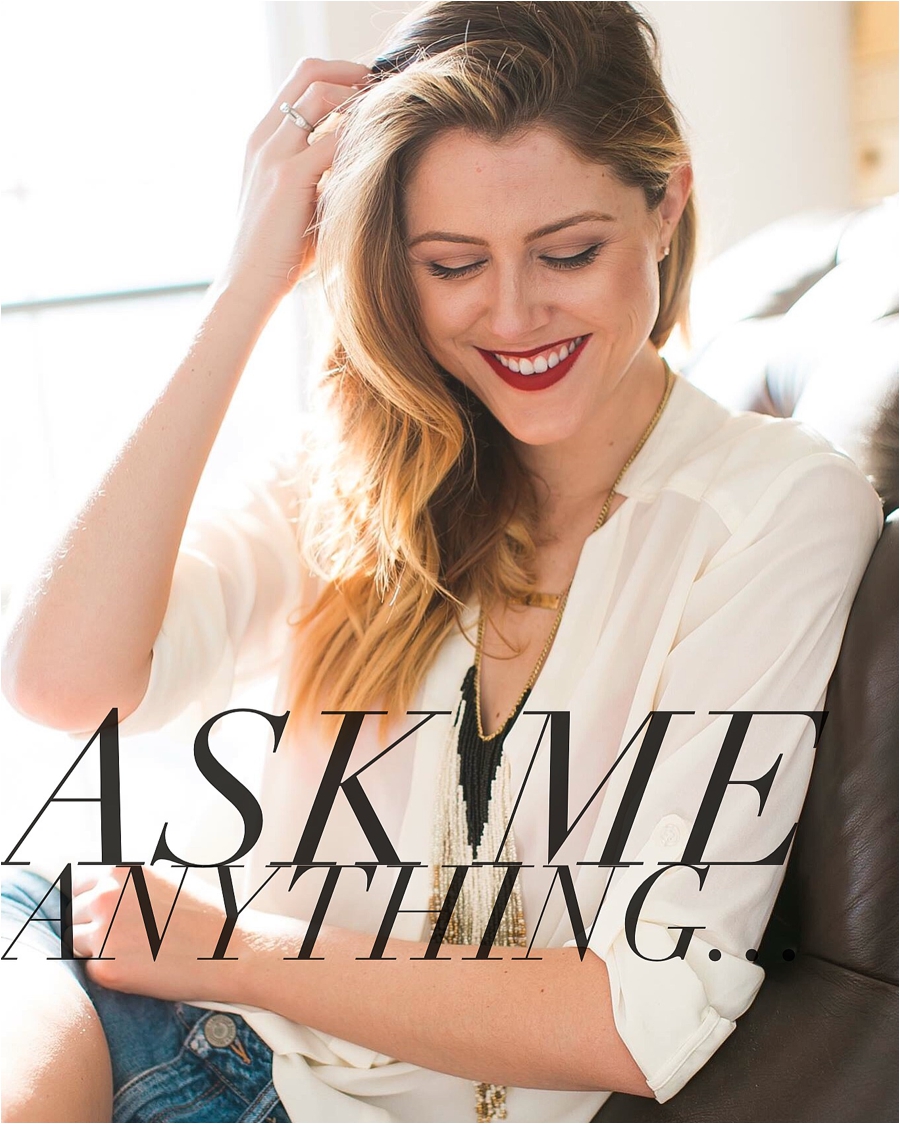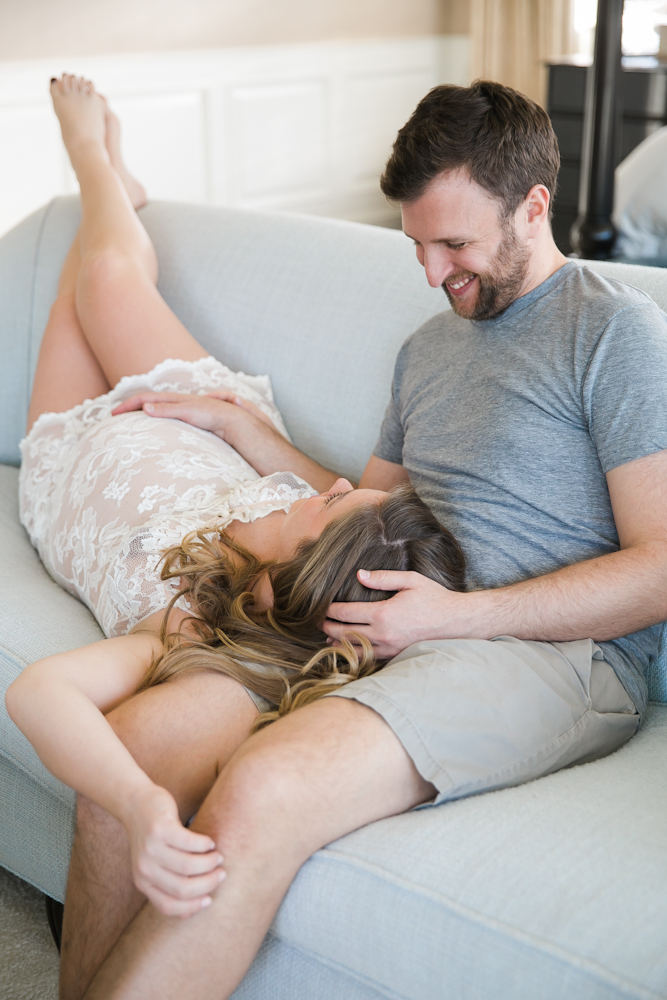Ask Me Anything {4/26/16}
 "Ask Me Anything..." is a weekly blog segment where I answer your questions about photography, me, or...anything. Check back next Monday on my Instagram and Facebook pages where I'll be taking all of your questions.
"Ask Me Anything..." is a weekly blog segment where I answer your questions about photography, me, or...anything. Check back next Monday on my Instagram and Facebook pages where I'll be taking all of your questions.
1- What are your top 3 non-negotiable traits for a romantic partner?
Choosing a romantic partner is a really big commitment for me...as I'm sure it is for most people. I believe the people I choose to surround myself with and how they treat me is a direct reflection of how I feel about myself and my own worth. I have made many mistakes along the way to get to this point, but I no longer tolerate certain characteristics or behaviors from my romantic partners. While I think it's important to be able to compromise on fulfilling certain needs, I also believe it's equally as important to set strong boundaries for what you will and will not allow in your life.
My first non-negotiable trait for a romantic partner is drug use & smoking. I don't choose to include myself in this lifestyle and I don't want my partner to either. It's important to me for my partner to love and respect himself and his body.
My second non-negotiable trait is dependability. I want to be able to know I can depend on my partner. For me, this is a direct reflection of being able to trust in their ability to be on my team. If I can't depend on my partner, they won't make a very good teammate in life or in a relationship. Qualities in someone I can depend on include: doing what they say they're going to do, showing up for me emotionally and physically, being on time, etc.
My third non-negotiable trait in a partner is believing in marriage and family. I believe 100% in the sanctity of marriage and one day hope to start a family with someone who believes in the same values. If my partner doesn't believe in marriage or doesn't want kids we are obviously on two different paths.
2-How did you finalize your presets? How do you maintain consistency?
When I first started out, I struggled a lot with maintaining consistency in my editing style. I hadn't found any presets that worked with my aesthetic and edited everything by tweaking settings until the image looked the way I wanted it do. It wasn't until I started using Mastin Labs presets that I was really able to maintain consistency with my images. Mastin's presets are designed to edit your images to resemble a film scan. I love the classic and romantic look of film, however, I still make several tweaks to my images to add pops of vibrant color, lift or exaggerate shadows, etc. I'd say I use the Fuji Pro400h Neutral preset from the Fuji pack about 90% of the time. I love working with this preset and highly recommend it. (And, no, they're not paying me to sell them. I just really love their presets.)


3-How does one register as a photographer? Also, what is the difference between freelancing and owning a business?
Have you ever been paid to take photographs of someone? Congratulations, you're considered a professional photographer. Becoming a photographer isn't necessarily something you need to "register" for. When I first started taking pictures, I called myself a "photographer" even though I wasn't necessarily comfortable with it. I didn't feel that I was deserving of that title quite yet but decided I would "fake it till I make it."
Starting a business can be a pretty daunting task. There are several steps you have to go through to be qualified as an official "business." In order to break things down a bit, I'll go over what I did to legalize my business as "Taylor Kinzie Photography." Some of the choices I made when starting my business were right for me at the time, but you may choose to go a different direction. This is a matter of preference.
First, I knew I would need a large sum of money to invest in the equipment I needed to start shooting weddings on a regular basis. I knew that if I waited until I had enough money saved up it would take me many years to be able to afford the gear. For this reason, I decided to seek out a small business loan. For me, it was important to be able to invest in the gear sooner than later since I knew this was what I wanted to do NOW. In order to receive the funds for my loan I had to do the following:
1) apply for the loan
2) provide a detailed business plan breaking down the vision for my business, how I plan to profit in a saturated market, my branding, and my financial goals
3) apply for a business license
5) Register a DBA or "Doing Business As" name
4) open a business checking account
5) seek out business insurance coverage for myself and my equipment
6) provide a copy of my Fictitious Business Name Statement
7) you'll also need to be registered with the state to obtain a tax ID number dedicated to your business so you can pay taxes (yay!)
In answer to your question, "freelancing" and "owning a business" are kind of the same. If I work under the umbrella of another photographer I am considered a "1099 Employee." This means the person paying me is treating me as a self-employed worker and any profits I make from working for them will be put into my own business profits. This would be an example of a "freelance" job.
"Owning a business" would be a job that I booked under my own business name that will be providing profits directly from my own client.
There are several organizations under which you can "register" as a photographer. Most of these organizations are designed to protect your rights as a photographer or offer exclusive membership rights. Some examples include: American Photography Association, Professional Photographers of America, and American Photographic Artists. I am not a member of any of these organizations as the niche market I'm in (wedding photography) doesn't necessarily require this. If I were more heavily involved in commercial photography, I might consider something like this.

